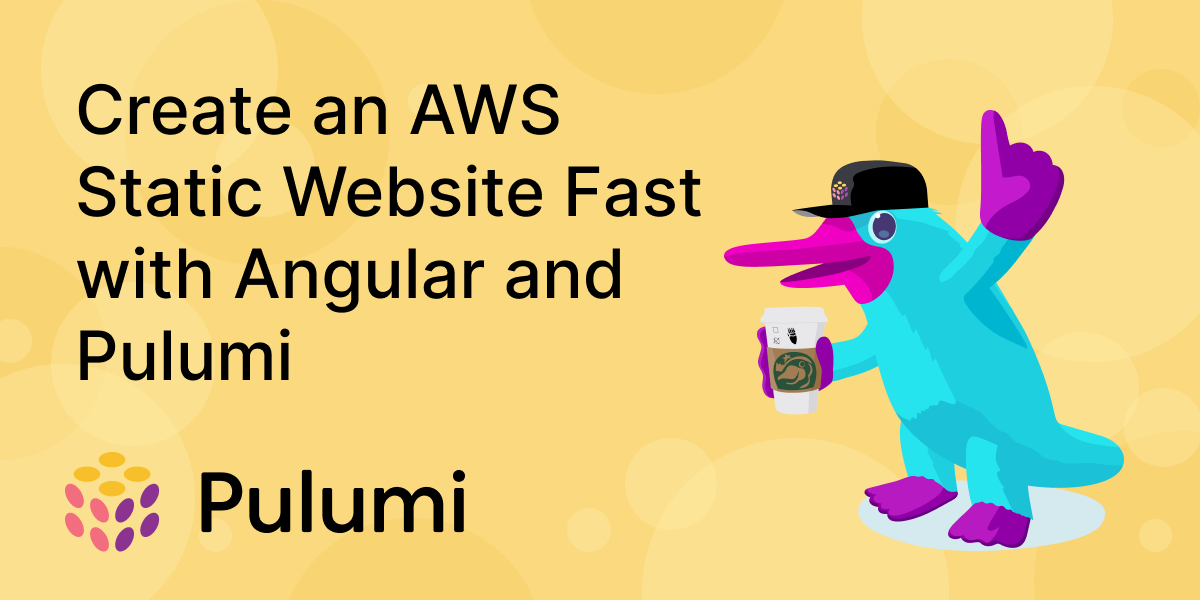Announcing KubeCrash Fall 2022 — the KubeCon Detroit Warm-up

100% Virtual. 100% Free. 100% Open Source. Arrive in style and up to date on the biggest trends for KubeCon + CloudNativeCon North America this October in Detroit, Michigan! KubeCrash is a fully-virtual two-day event curated by the coolest companies in cloud native, providing you with a practical, hands-on learning opportunity in the run-up to the conference. All for free! Held October 5 and 6 in both Americas and European time zones, you’ll emerge with new development skills and conversation starters for KubeCon. Take a peek at the program and register online!

















